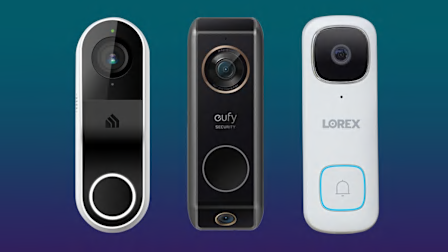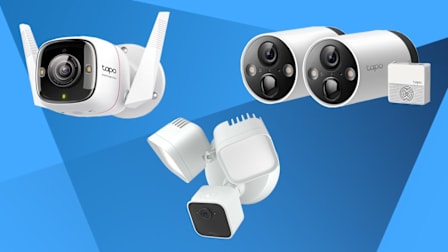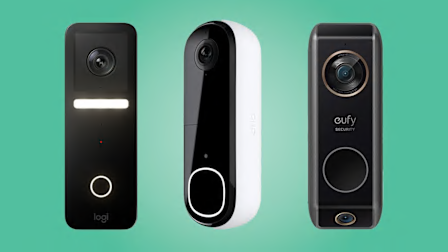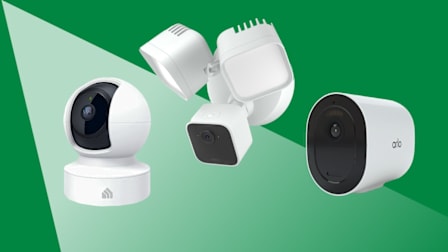Avast Unit Stops Collecting User Data After Privacy Complaints
Company to close data-selling subsidiary, but experts say users of antivirus software could still be at risk
Avast's data analytics unit has stopped collecting information about people using the company's free antivirus software following revelations that the data was sold to companies such as Google, Home Depot, Microsoft, and Pepsi.
In a Thursday blog post, Avast CEO Ondrej Vlcek said the unit, known as Jumpshot, will immediately stop collecting data and begin to wind down operations.
Privacy and security experts said the move is a step in the right direction, but noted that Avast is still allowing third parties to collect user data for use in targeted advertisements.
They're also concerned that the data sent to Jumpshot wasn’t properly stripped of personal identifiers, which could put the digital privacy of users at risk, even allowing hackers to target them.
In a statement, Avast acknowledged that its free mobile antivirus software serves ads that are powered by partners like Google and others. But it said Avast’s data has never been used in the targeting of those ads.
In Fitzgerald's view, it's hard to accept a statement like that, given the many ways the data could be de-anonymized.
Members of the digital security community said there also needs to be an accounting of where the data shared with Jumpshot went.
Doug Britton, chief technology officer for the malware protection company RunSafe, said it’s not uncommon for hackers working for foreign governments or criminal enterprises to buy data from such companies, de-identify it, then use it to target individuals.
“The lay person doesn’t have to worry that the Chinese government is going to steal secrets from them, but they may have $10,000 or $20,000 in a bank account,” Britton said, pointing out that money can be a tempting target for hackers like those, too.
If other antivirus companies are collecting user data for sale, Henderson said, we need to know.
“They need to fess up, delete all the data they collected,” he explained. “And come clean about who has been purchasing that data.”
















